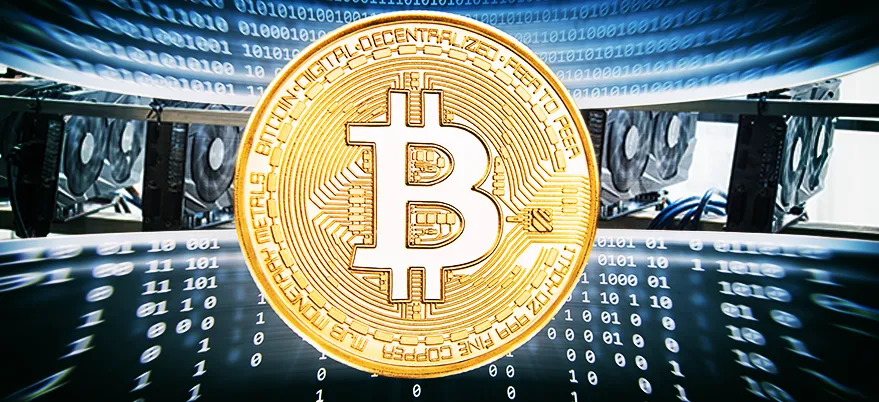|
Getting your Trinity Audio player ready...
|
Once upon a time, mining Bitcoins was anyone’s game, with people using their home computers to spread the wealth. However, as the price of the cryptocurrency climbed—it’s now holding at $4,000—professional mining groups with specialized computer chips appeared, and today, these so-called pools have been dominating the creation of bitcoin.
But do miners really have the power to monopolize Bitcoin?
The answer is no, said Dr. Nicola Dimitri, professor of economics at the University of Siena, noting that the cryptocurrency is naturally resistant to mining monopolies.
In his new research paper, published in the journal Ledger, Dimitri asserted that “the intrinsic structure of the Bitcoin mining seems to prevent the emergence of a monopolistic mining activity,” a finding that could help dispel the false idea of selfish mining and other misconstrued fallacies about Bitcoin.
The industry today is plagued with concerns that a mining centralization is happening with the emergence of pools, most of which are based in China. In particular, the cryptocurrency community is worried about how much influence these miners have over decision-making, technical or otherwise.
To put this problem to rest, Dimitri modeled the mining activity as a simple “all-pay” static game, in which miners compete for the reward by investing resources. And the insights gained were interesting, to say the least.
“The mining activity seems to be intrinsically monopoly-proof, in the sense that if only two miners were to be active, their profits would always be positive regardless of the marginal cost of the opponent. For this reason, none of the two could exclude the other by cutting down his own costs, unless activities other than Bitcoin mining would have a higher rate of return,” the research concluded.
Dr. Craig Wright, chief scientist of nChain, a research and development company for blockchain technologies, said the conclusion is “a good start” towards quelling the false belief that miners can subvert the system.
“The miners are seen as a problem and this has been heavily promoted by those wanting to subvert Bitcoin without spending nor really investing in it,” Wright told Coin Geek. “This [research] proves this is a flawed belief and that the reality is that miners will not fall to centralizing factors or even to selfish mining. Miners are the security and heart of Bitcoin, the attacks are unwarranted.”
To put it simply, Wright said miners would like more power, but a monopoly—not that it could happen with Bitcoin and Bitcoin Cash’s normal dynamics—would result in them losing control, leaving them worse off.
“Bitcoin Cash has demonstrated that miners move to where it is most profitable and the actions we are seeing show this to be where they see long term profit. As Bitcoin does not allow a miner to take funds straight away, the miner has to hope that there is no immediate loss or change and they are incentivized to help grow the protocol even short term,” Wright said.
Creating a monopoly under SegWit, however, is a different matter.
Bitcoin Core’s scaling solution, which separates signature data from transaction data, involves numerous risks, but more importantly, it creates incentives that encourage mining cartels to form.
“By using ‘AnyOneCanSpend’ addressing, SegWit therefore opens the door to a corrupt miner mining a block to subvert transactions, and instead redirect them to the miner’s own address,” Wright wrote in a blog post, adding that “the value of such an illicit attack would grow every day SegWit is used.”
It’s worth noting that Dimitri’s research is limited. According to the professor, the model omitted a number of elements, such as the current debate and interest on the block size, which could change the calculations.
Wright concurred, saying that the study could still go further.
“As the paper states, ‘we proposed to model the Bitcoin mining activity as a simple static game with complete information.’ This is far too simple, but it is a good start,” Wright said.

 09-18-2025
09-18-2025 





